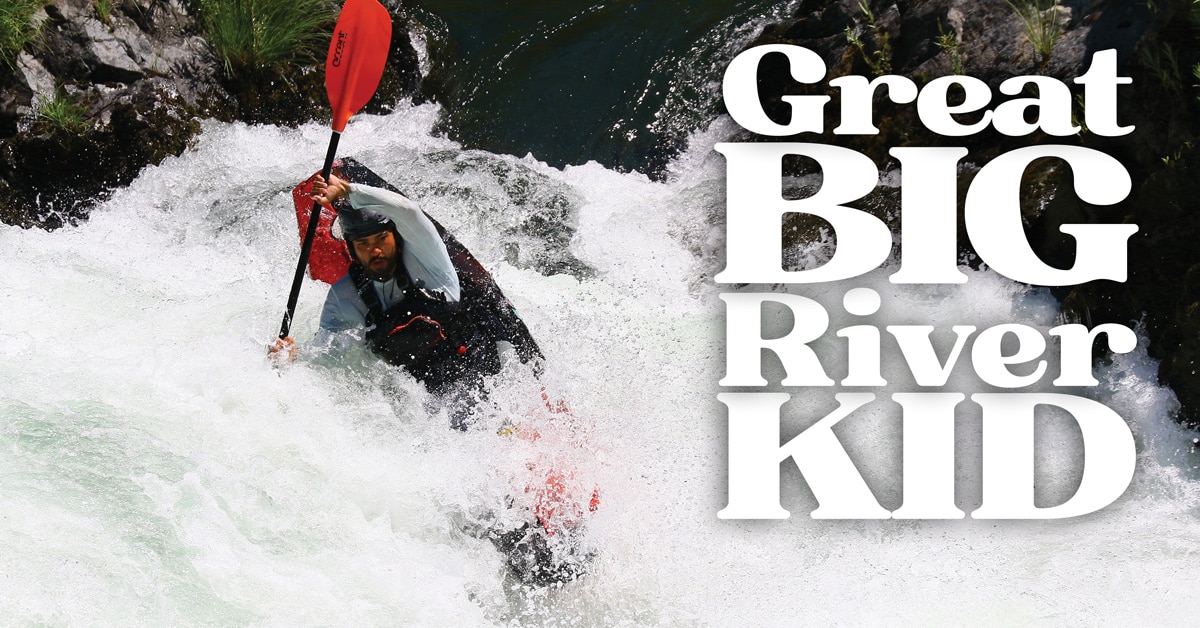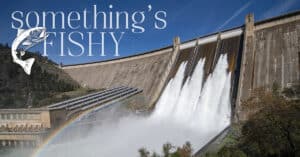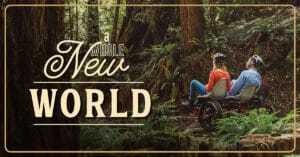Great Big River Kid
On the Water with John Acuna…
John Acuna is a man of many titles. “Oh, man, that’s tough. It’s been a running joke this summer to figure out what the heck my title is. For Ríos to Rivers, my business card says ‘Trip Leader.’ For work, I’m a river guide on the Trinity River. I’m also a Valley Tribal Member from the Hoopa Valley Reservation. I guess, in reality, I’m just a great big river kid,” he explains with a laugh.
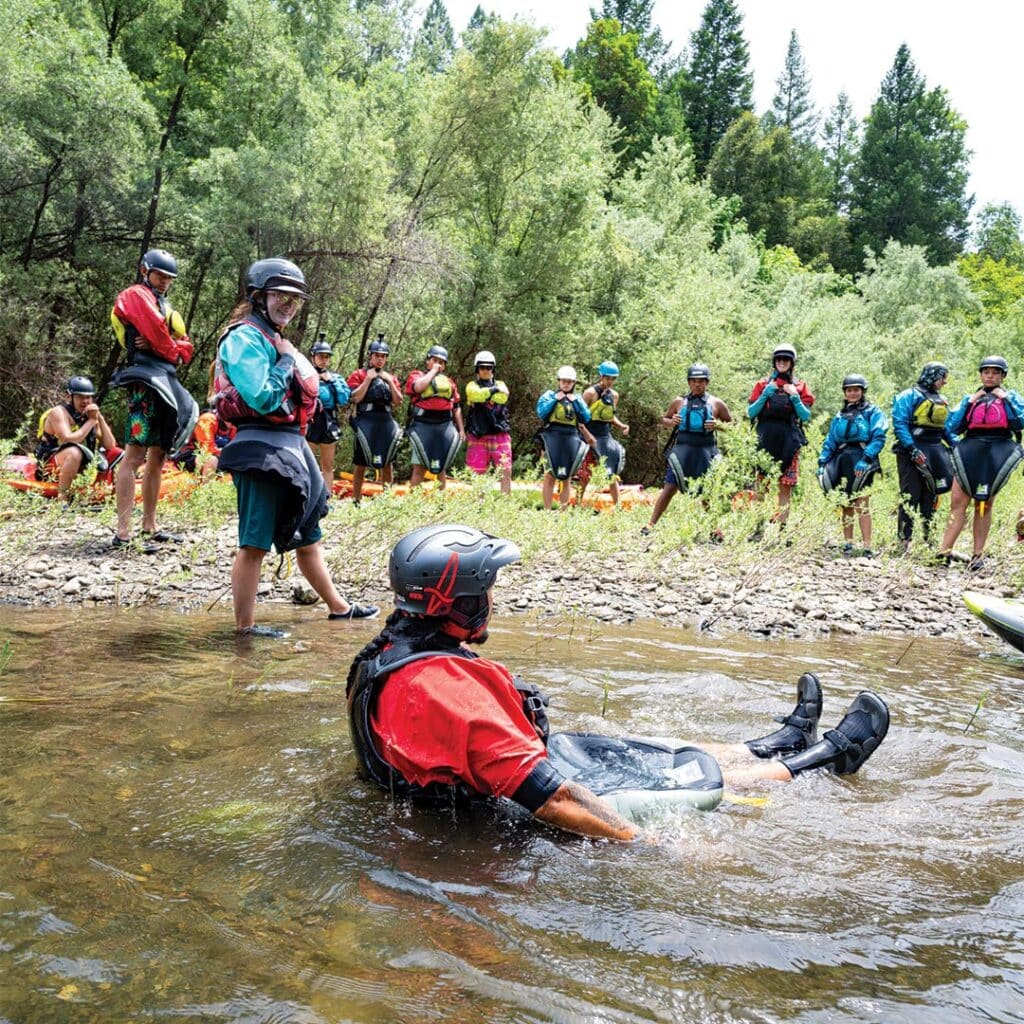
Growing up on the Trinity River, Acuna never fathomed making a career of it. “I spent my formative youth running amok in Hoopa all summer long, just down to the river and back every day. Then, when I got into high school, I joined the Hoopa Fire Department, where I started a career in firefighting. I did two years with the Bureau of Indian Affairs, then four with the Forest Service. But then I found out that I was going to have a child, so I stepped away from that and was trying to figure out a new path in my life when a good friend introduced me to the world of whitewater. It just set off this passion in me where I needed to be on the river again because somewhere along the way, I’d lost touch with it.”
The impact on him was spiritual. “When you can take a force like water and see it in its full power barreling down these rocky gradients, making incredible rapids, and then you throw yourself in there as this frail little human body and learn how to, not just safely, but confidently navigate it, you start to build this profound relationship with it. It’s like meeting a dance partner and learning how not to step on each other’s toes.”
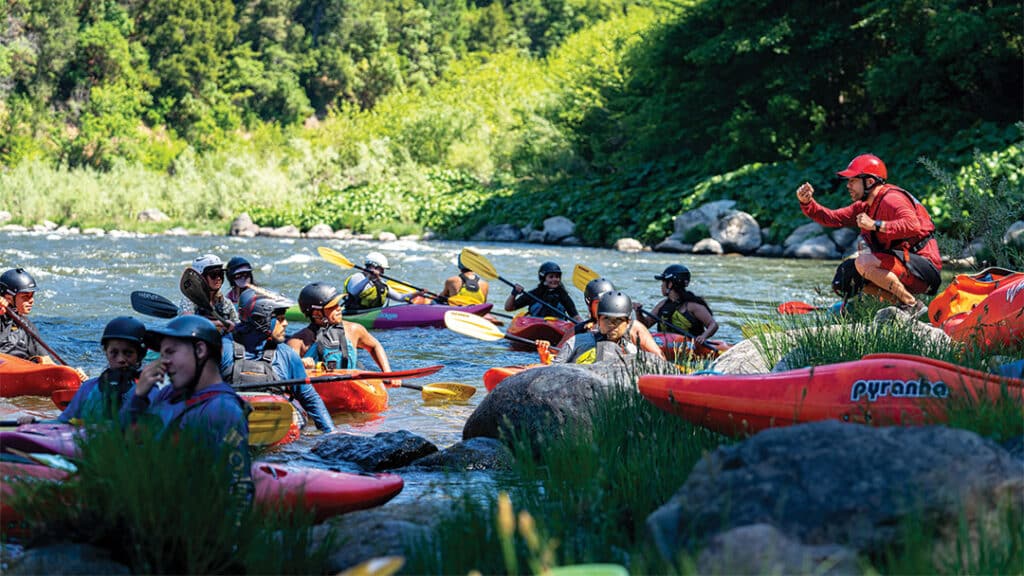
After completing his guide training in 2019, Acuna’s work on the water connected him with Ríos to Rivers, a nonprofit organization that invests in indigenous youth and rivers around the world. Acuna describes founder Weston Boyles’ vision as “an impressive cultural exchange program” where people who live on rivers that are being threatened by dams are introduced to rivers that are free, and vice versa. “When I met him 2019, he was doing a Chilean exchange program and brought a bunch of Chileans to the Klamath River. And then last summer, I came across him when he was doing his Paddle Travel Waters Project, which was about taking all these indigenous youth on the Klamath and teaching them how to whitewater kayak so they could be the first group to descend the river when the dams come out. For me, there’s something culturally significant and powerful about that being done by the kids who come from those river basins.”
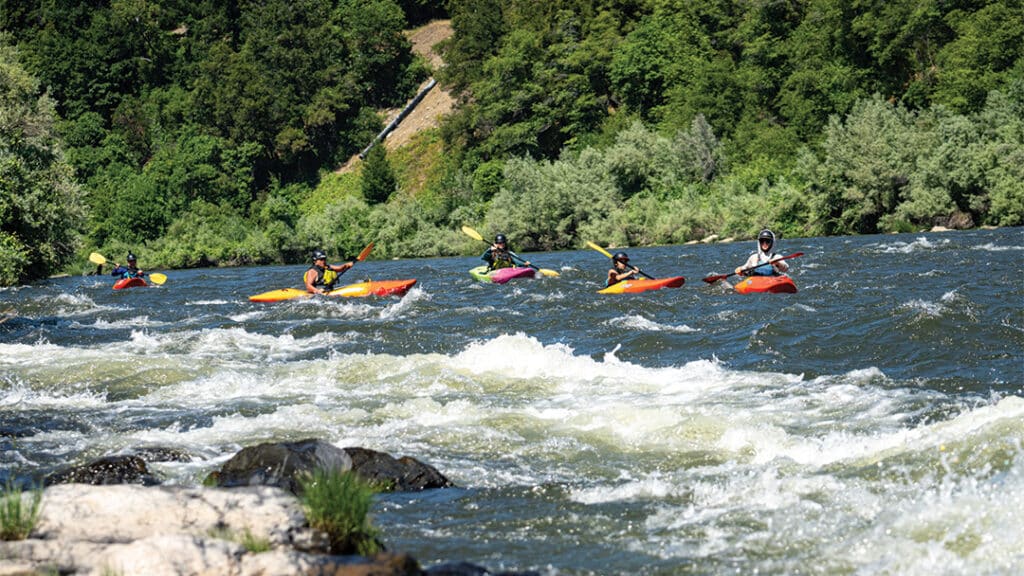
While Acuna acknowledges the sensitive nature of the Klamath dam removals in general, he’s also excited about the project from a personal and recreational standpoint. “The water wars have been such a part of people’s lives over the last 100 years that it’s almost transgendered to a place of culture. But now that it’s becoming reality, there’s all this buzz about what that’s going to look like recreationally. I think people are going to flock to see this new river, as it were. And, as far as whitewater goes, it will certainly affect certain sections more than others. There are some places that haven’t seen water in 100 years that’ll be entirely new sections of river that could be top-notch. And the idea of being able to run the Klamath from source to sea is incredible. It’s like a whole new expedition on the table for people, something like 250 miles and a 16-day or more trip if you just floated it.”
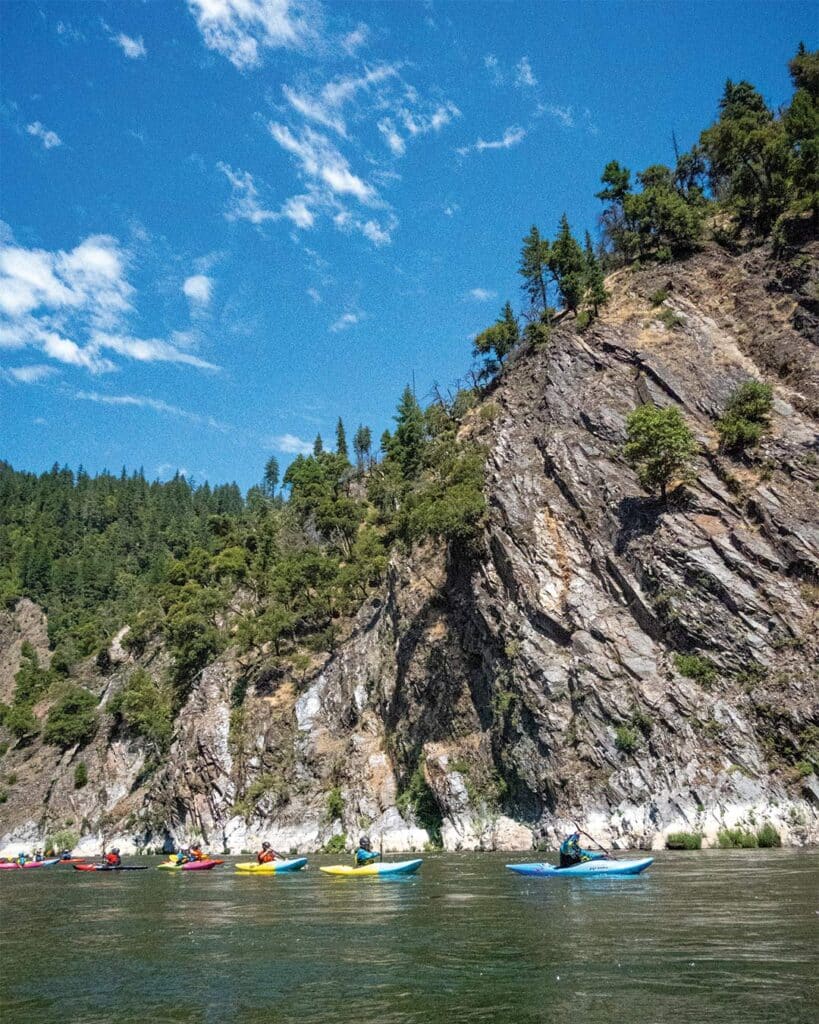
Acuna’s work with the Ríos to Rivers organization is also giving him an avenue through which to teach other youth like himself about career goals. “The river culture that I grew up in has always been this free-spirited lifestyle. But when I came on to work for Ríos and got to sit at the same table with world-class kayak instructors, it showed me that there is space in the recreation industry to be a really dialed professional.” The program that Acuna helped with this past summer introduced 16 brand-new students to whitewater, 15 of whom had never sat in a kayak before. “Just going from day one where they don’t even know the equipment to the end of the program where these kids show confidence in dynamic and sometimes stressful environments, it’s an incredible opportunity to show these kids they can work in a world that they’re already more familiar with and historically connected to than most people. And the coolest thing is it’s giving them access to a world that has a pretty high barrier to entry as far as recreation being really expensive. A lot of these kids are coming from impoverished communities where they would never be exposed to this kind of world, and they’re getting fully immersed in it from the best in the business.”
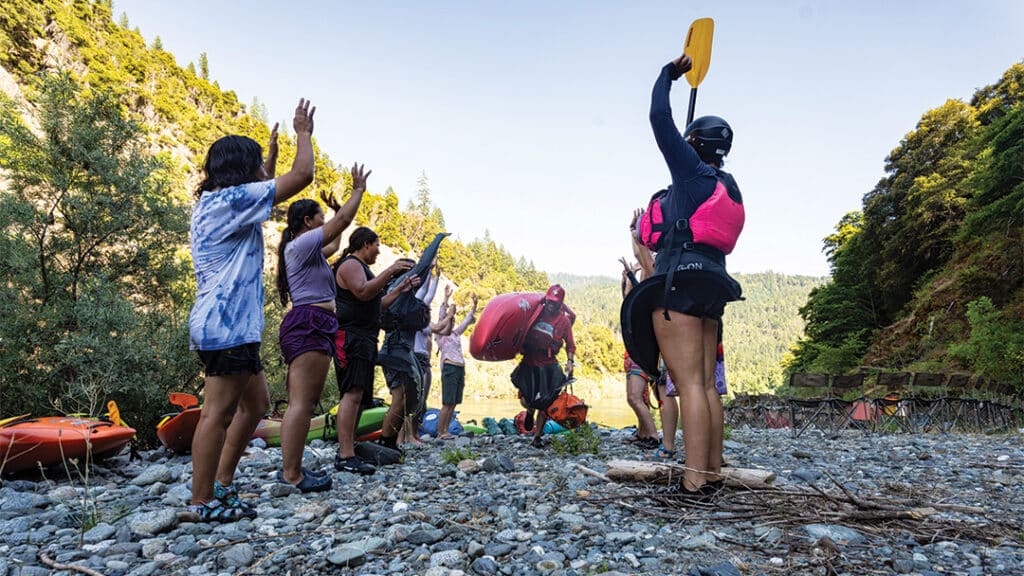
For Acuna, life on the river comes with many lessons. “The river has always been a teacher of sorts. I don’t know if it’s a cultural thing or just how my brain works, but with whitewater specifically, you’ve got to just go with the flow. You must have this loving unattachment because if you hold on too tight to things, just like damming up a river, you stagnate. Instead, you have to let things roll off your back when they need to and appreciate where you’re at. And of course, you never touch the same river twice, right? It’s always constantly flowing by you and renewing itself and cleaning itself. I try to be like that. All wet.” •
For more information on Ríos to Rivers or Paddle Tribal Waters, visit: www.riostorivers.org
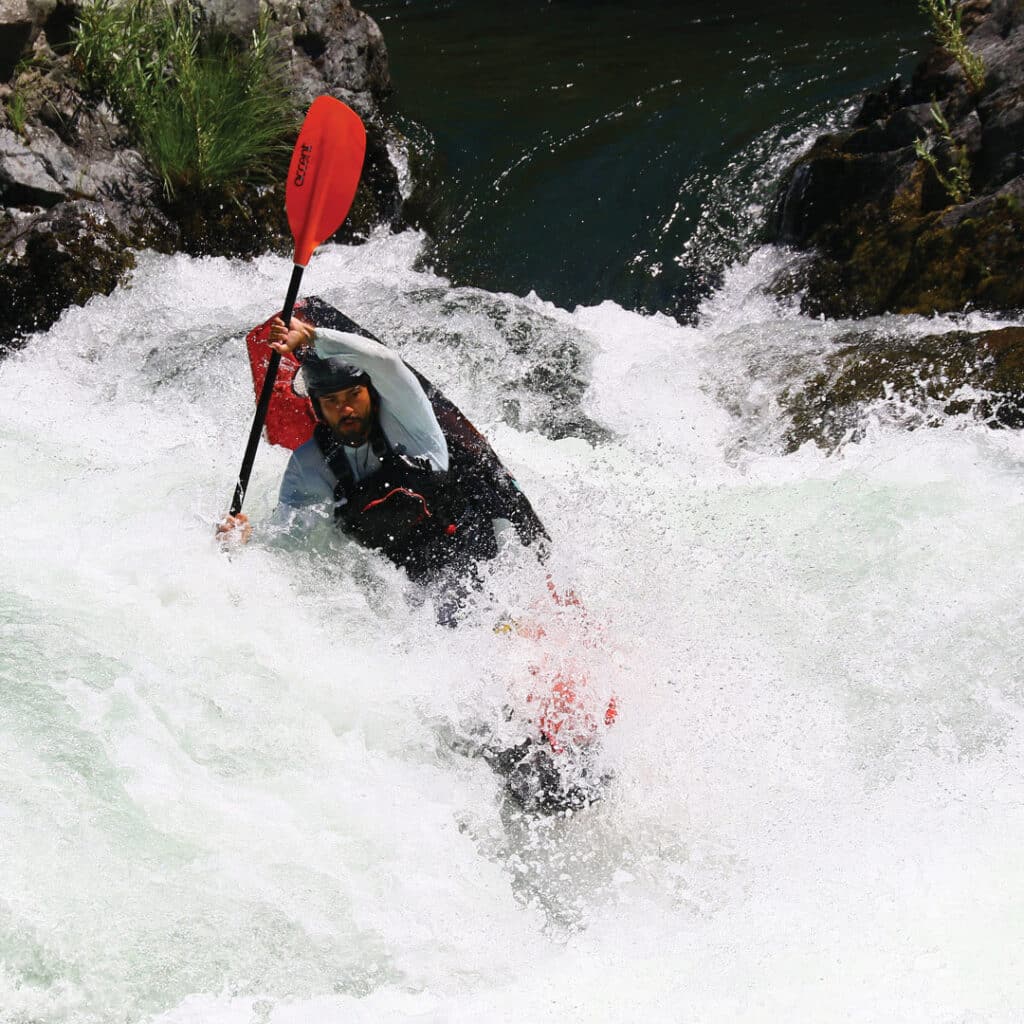
Article Written by:
Megan Peterson has been a freelance storyteller for more than two decades, with writing credits ranging from National Geographic to the Sundance Channel. She also brings a background in marketing and audio tours, and has traveled and worked on six continents. Megan currently lives in Northern California with her family and a menagerie of pets.

